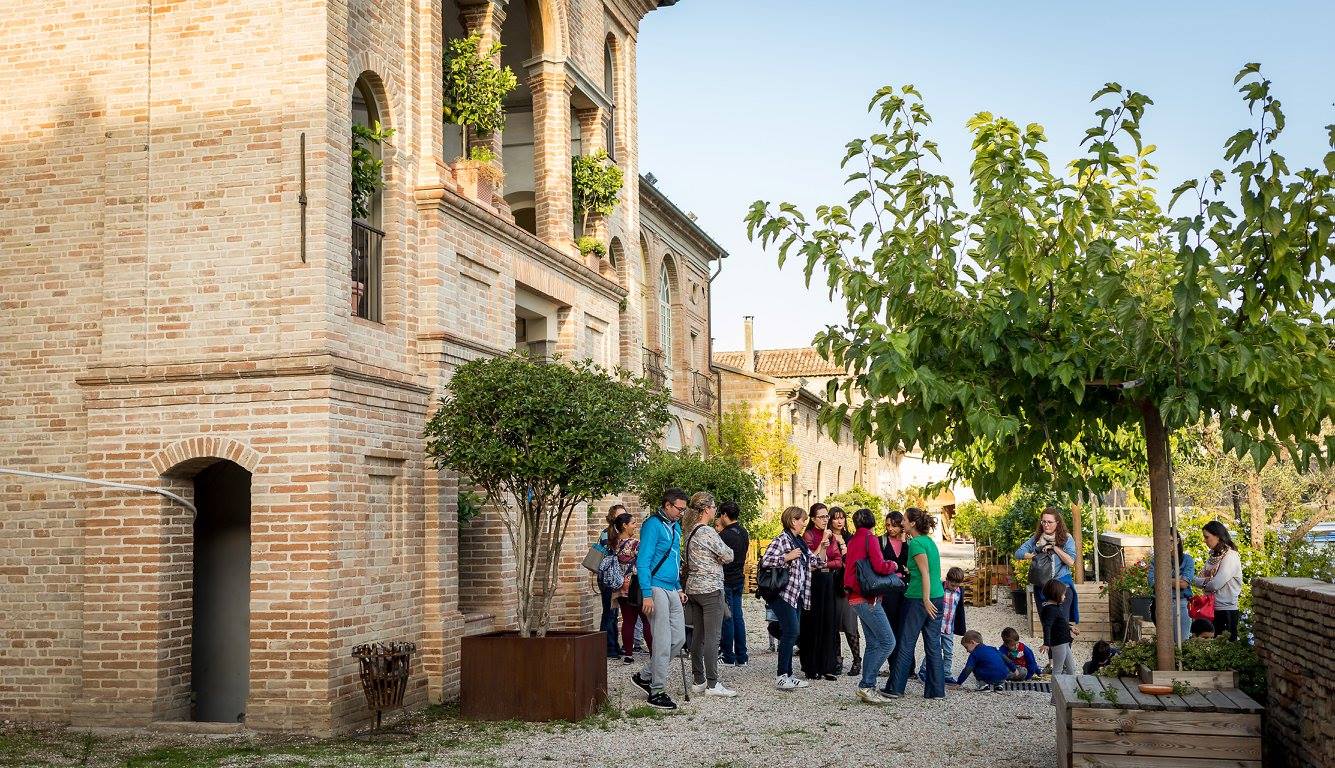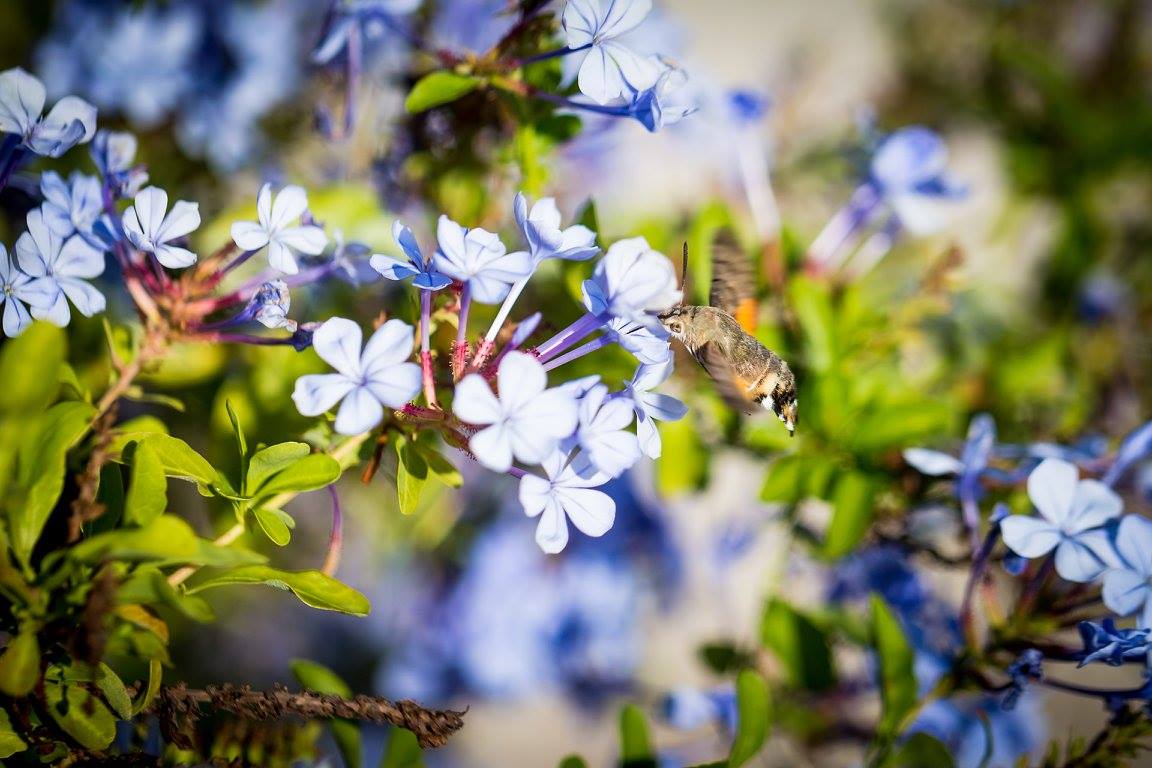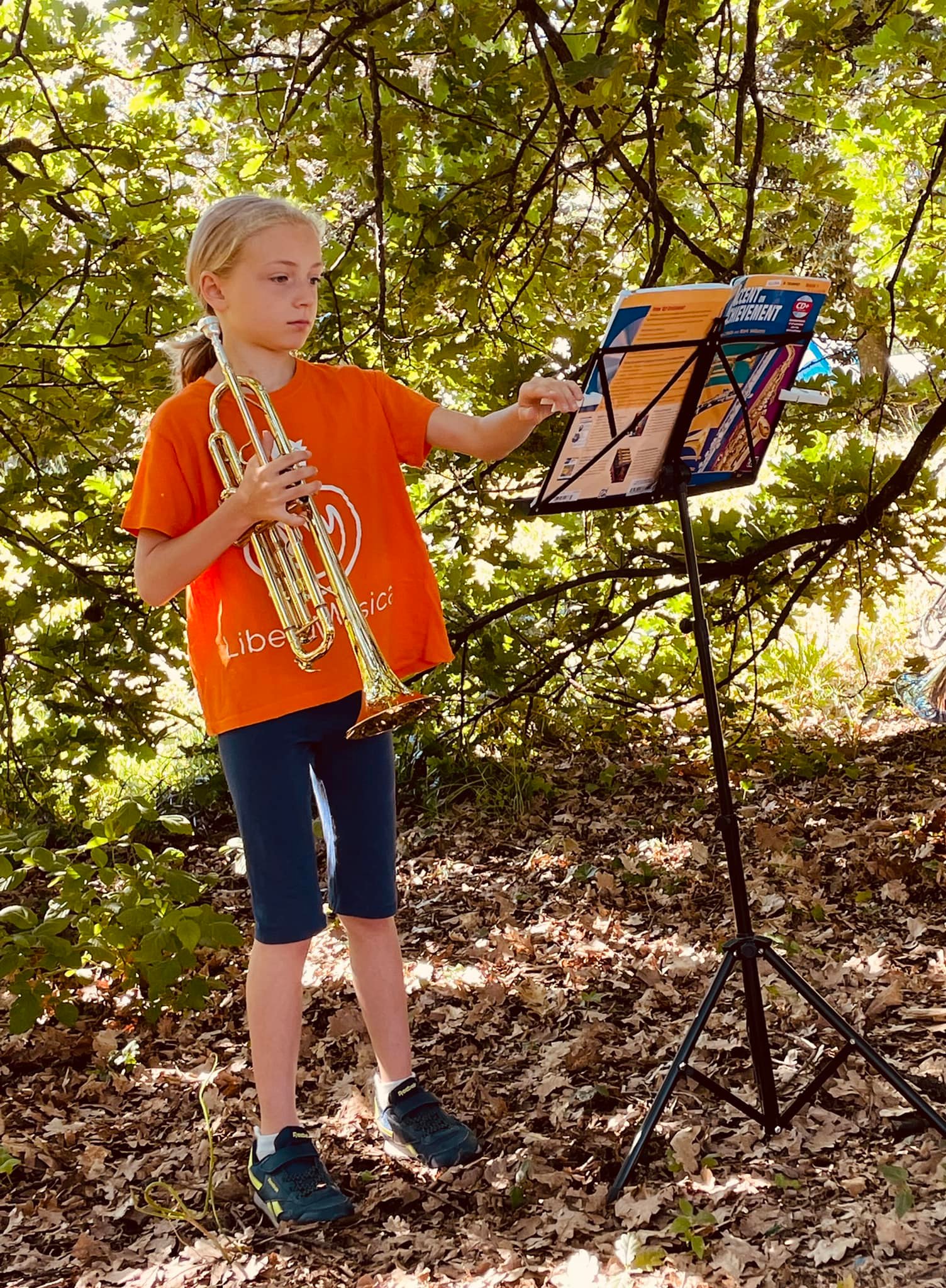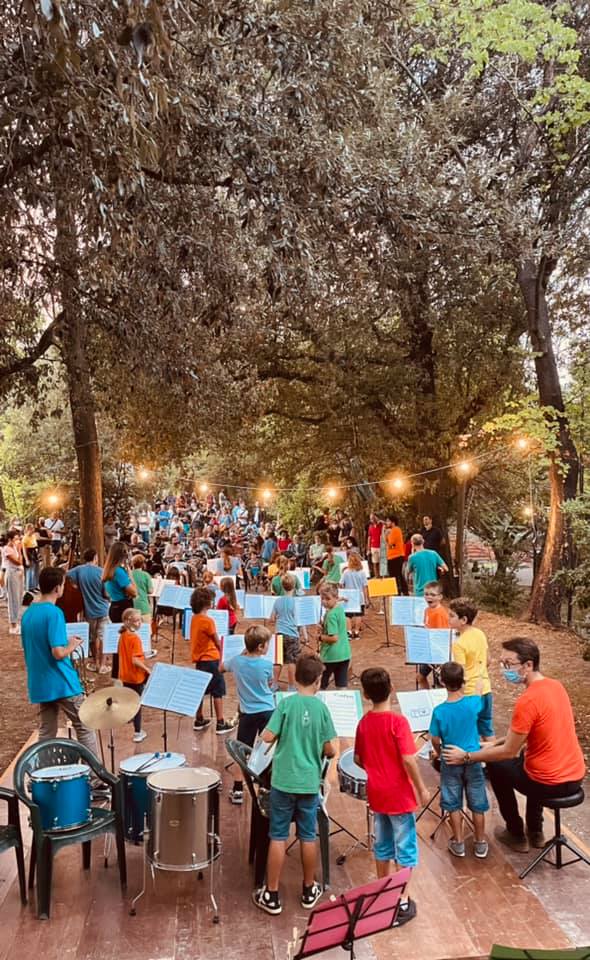Founded in Pesaro in 2015, LiberaMusica's goal is to foster links between culture, childhood and social issues. Since its inception, LiberaMusica has been committed to making music education accessible to all, in particular to those who, for economic, social or disability-related reasons,do not have this possibility. Three questions for Chiara Galli, Managing Director of LiberaMusica.

What made you set up LiberaMusica in the first place?
LiberaMusica stemmed from the desire to create a meeting point for the community and an idea of community through music. Our goal is merging the cultural world with the artistic and educational world, but it's actually more than that. In a peripheral area like the one whe live in, it is especially important to bring new insights, thoughts, and to foster the spread of resources and experiences that can be useful to everyone. The importance of a lively and strong community, linked by these common values and at the service of children, is both our strength and our greatest goal.
You are based in the city of Pesaro, coincidentally the Italian capital of culture for 2024. What are the three main points of interest no one should miss?
It is fundamental to visit and cherish the nature that surrounds our city: the woods, the countryside, the sea. In particular, one of the places we love most are some small villages surrounded by nature, which are just a few minutes from the city and the sea.Then certainly the Sonosfera, a digital theatre where visitors are able to listen to the sound fragments of extinction from the Amazon Rainforest.Lastly, the Harbour, where the Cantiere Rossini is located, a shipyard that will host the final concert of SEYO 2024.

How important is environmental sustainability for your organisation?
LiberaMusica has consistently maintained a strong bond with the realms of nature and environmental sustainability. Every year in June we organise concerts with our students in the surrounding hills of Pesaro and in the close natural park of San Bartolo. We think that it is important for both children and the audience to experience moments in which music and nature connects. A year ago we started the Cantiere Ambientale project, with which we combined environmental education and music education in schools. For that project, we created plastic violins by recycling Type 2 plastic old bottle caps. This past October, we also joined the Festivalino dell'Ambiente - an environmental festival organised by the Wanda di Ferdinando Foundation - where we created moments for children to connect with music and nature.Taking inspiration from the silent book Concert for Trees, we produced an interactive musical concert format for children.Inspired by Trees, a tactile book for students with visual impairments, we also created a video-animation, whose music we play live together with our children.

